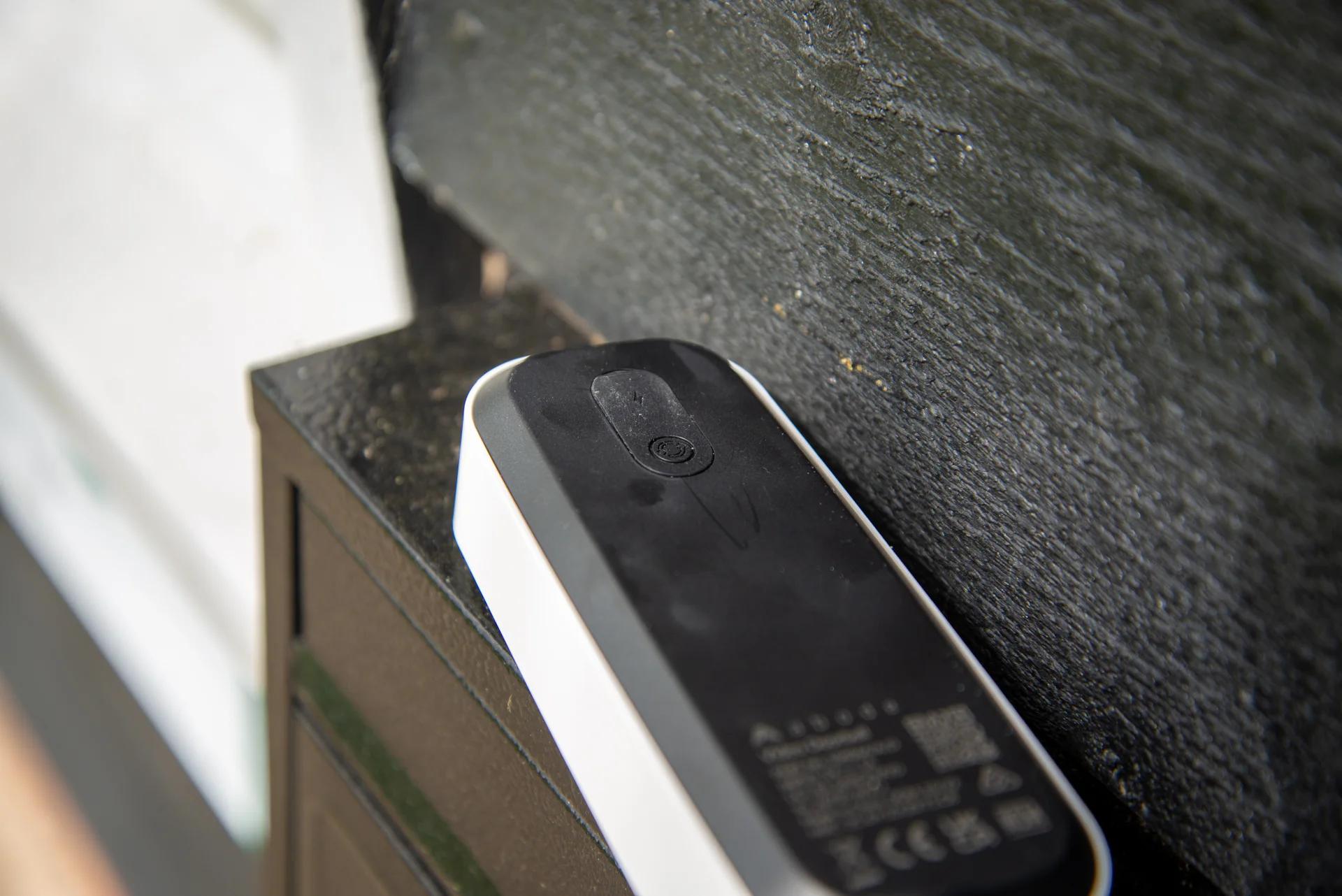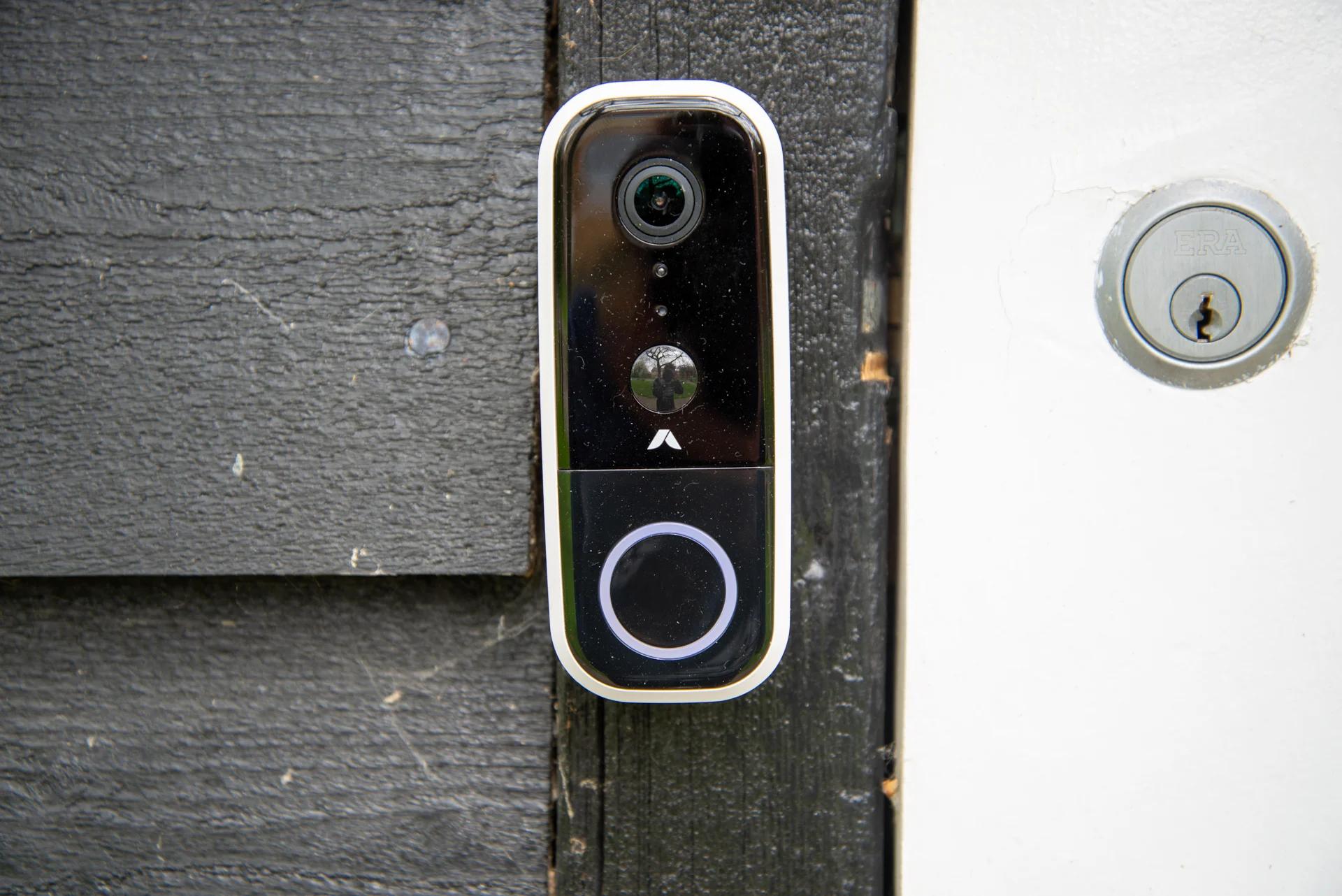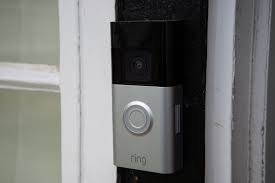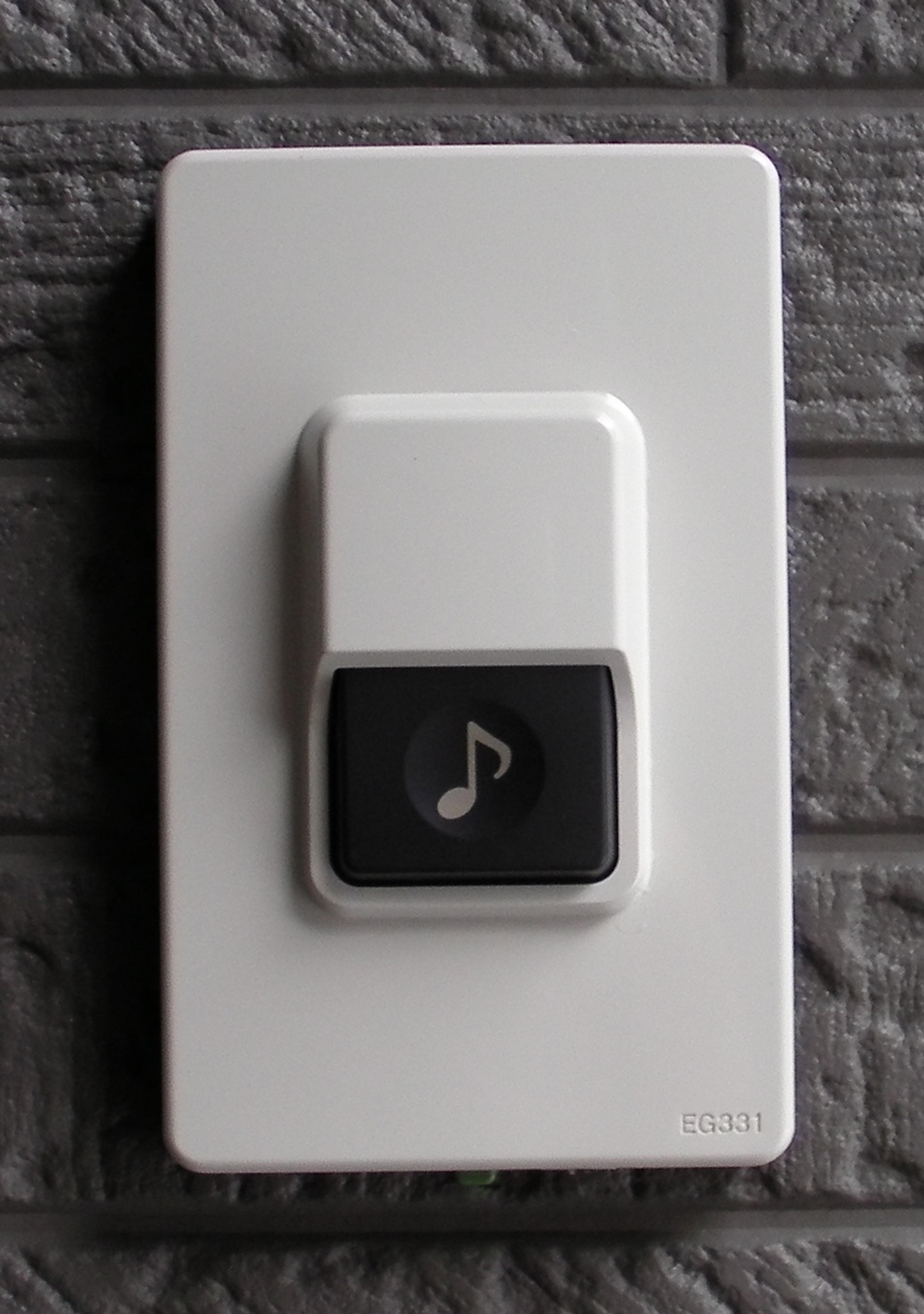A buzzing doorbell can be annoying, but can it pose a more serious threat, such as causing a fire? This question raises concerns about the safety implications of malfunctioning electrical systems within our homes.
While a buzzing doorbell may not directly cause a fire, it could indicate an underlying electrical issue that, if left unresolved, could lead to a fire hazard.
Understanding the root causes of doorbell buzzing and promptly addressing any electrical concerns is essential for maintaining the safety of our homes.
In this exploration, we'll delve into the possible reasons behind a buzzing doorbell and discuss preventive measures to mitigate any associated risks, ensuring our living spaces' continued safety and security.
Do doorbell transformers get hot?
Yes, doorbell transformers can become hot during operation. Doorbell transformers are typically small, low-voltage transformers that convert household voltage (usually 120 volts) to a lower voltage (normally 16-24 volts) suitable for powering doorbell systems.
While they are designed to handle the electrical load required for doorbell operation, they can still generate heat due to the energy conversion process.
Several factors can contribute to the heating of doorbell transformers, including the amount of power they are supplying, the efficiency of the transformer itself, and the ambient temperature of their surroundings.

However, it's important to note that some heat levels are normal for transformers and may not necessarily indicate a problem.
How a Buzzing Doorbell Could Lead to a Fire Hazard
While a buzzing doorbell may seem minor, it could indicate an underlying electrical issue that poses a potential fire hazard. Several factors contribute to this risk:
Overheating Components: A buzzing sound could signal that electrical components within the doorbell system are overheating. Over time, excessive heat can cause insulation to degrade, wires to melt, or connections to loosen, increasing the risk of a short circuit or electrical fire.
Faulty Wiring: Loose or damaged wiring can create resistance, leading to increased heat generation. If left unchecked, this heat can ignite nearby materials, such as insulation or wood framing, resulting in a fire.
Transformer Malfunction: The transformer that powers the doorbell may also be a source of buzzing and potential overheating. Malfunctioning transformers can produce excessive heat, posing a fire hazard.
Ignition of Nearby Materials: If the buzzing doorbell is located near flammable materials, such as curtains, wallpaper, or wooden fixtures, the heat generated by the electrical components could ignite these materials, initiating a fire.
Buzzing Sounds and Potential Fire Risks Explained
Buzzing sounds from electrical fixtures like doorbells may seem innocuous, but they could signal underlying issues that pose fire risks. These risks stem from several factors:
Overheating Components: Buzzing often results from electrical components overheating due to excessive current flow or poor connections. Over time, this heat can degrade insulation, melt wires, or loosen connections, heightening the risk of a short circuit and potential fire.
Faulty Wiring: Loose or damaged wiring increases resistance, leading to heat buildup. This heat can ignite nearby combustible materials if left unchecked.
Transformer Malfunction: Malfunctioning transformers powering doorbells may emit buzzing sounds due to internal faults. These faults can cause overheating, exacerbating fire risks.
Ignition of Flammable Materials: Buzzing doorbells near flammable materials like curtains or insulation pose heightened risks. Excessive heat can ignite these materials, triggering a fire.
Preventative Measures to Avoid Doorbell-Related Fires in Your Home
Preventing doorbell-related fires in your home involves proactive measures to mitigate potential hazards. Here are some preventative steps:
Regular Inspections: Conduct routine inspections of your doorbell system, including wiring, connections, and transformer. Look for signs of wear, damage, or overheating, and address any issues promptly.
Professional Installation: Ensure a qualified electrician installs your doorbell system correctly. Proper installation minimizes the risk of wiring faults or short circuits that could lead to fires.
Use Quality Components: Invest in high-quality doorbell components, including transformers, chimes, and wiring. Quality products are less likely to malfunction or overheat, reducing fire risks.
Avoid Overloading Circuits: Avoid connecting multiple devices to the same electrical circuit as your doorbell. Overloading circuits can cause overheating and increase the risk of electrical fires.
Monitor for Signs of Trouble: Be vigilant for buzzing sounds, flickering lights, or unusual odours emanating from your doorbell system. These signs could indicate underlying issues that require attention to prevent fires.
Keep Flammable Materials Away: Ensure that flammable materials such as curtains, decorations, or furniture are kept away from your doorbell and electrical components. This minimizes the risk of ignition in case of a malfunction.
Install Smoke Alarms: Install smoke alarms near your doorbell system and throughout your home. Smoke alarms provide early warning of fire hazards, allowing prompt action to prevent damage and injuries.
Expert Advice on What to Do If Your Doorbell Buzzes and Poses a Fire Risk
If your doorbell is buzzing and poses a fire risk, taking immediate action to mitigate the danger is crucial. Here's expert advice on what to do:
Turn Off Power: As a safety precaution, turn off the power supply to the doorbell at the circuit breaker or fuse box. This helps prevent further electrical issues or potential fires.
Assess the Situation: Carefully examine the doorbell and surrounding area for signs of overheating, burning smells, or visible damage. Note any buzzing sounds or flickering lights, as these could indicate electrical faults.
Contact a Professional: It's advisable to seek assistance from a qualified electrician or technician experienced in handling electrical issues. They can assess the doorbell system, identify the root cause of the buzzing, and recommend appropriate solutions to mitigate the fire risk.

Address Wiring Concerns: If wiring faults are identified as the cause of the buzzing, the electrician can repair or replace damaged wiring and ensure proper connections. This helps prevent electrical shorts and reduces the risk of fires.
Consider Replacement: In some cases, the doorbell unit may malfunction and pose a fire risk. The electrician may recommend replacing the doorbell with a new, safer model to eliminate the hazard.
Is Your Buzzing Doorbell a Fire Hazard? Identifying and Addressing the Issue
A buzzing doorbell can indeed pose a fire hazard if addressed. Identifying and addressing the issue promptly is crucial for preventing potential risks. Here's how:
Identification: First, recognize the signs of a buzzing doorbell indicating a potential fire hazard. This includes buzzing or humming sounds from the doorbell, flickering lights, or burning odours near the doorbell unit.
Assess Wiring: Inspect the wiring connections of the doorbell system for any signs of damage, wear, or loose connections. Faulty wiring can lead to electrical shorts, overheating, and fire hazards.
Check Transformer: Examine the transformer powering the doorbell system for any signs of overheating or malfunction. Malfunctioning transformers can generate excessive heat, posing fire risks.
Turn Off Power: As a precaution, turn off the power supply to the doorbell system at the circuit breaker or fuse box. This helps prevent further electrical issues and potential fires while addressing the problem.
Seek Professional Help: Contact a qualified electrician or technician to assess and address the buzzing doorbell issue. They can identify the root cause of the problem, repair or replace faulty components, and ensure the doorbell system is safe to use.
Why is my Doorbell Buzzing but not Ringing?
If your doorbell is buzzing but not ringing, several factors could be causing this issue:
Faulty Wiring: Loose or damaged wiring in the doorbell system can cause buzzing without activating the chime. Check the wiring connections at the doorbell button, transformer, and chime unit for any signs of damage or loose connections.
Transformer Issues: A malfunctioning or overloaded transformer can result in buzzing but no ringing. Verify that the transformer is appropriately sized for your doorbell system and functioning correctly.
Chime Unit Problems: The chime unit itself may be defective or need repair. Check for any obstructions or mechanical issues within the chime unit that could prevent it from ringing correctly.
Low Voltage: Insufficient voltage to the doorbell system can cause buzzing without ringing. Ensure the transformer supplies the correct voltage to the doorbell button and chime unit.
Interference: Electrical interference from nearby devices or wiring can also cause buzzing in the doorbell system. Try relocating the transformer or chime unit to minimize interference.
Buzzing Doorbell Troubleshooting: Steps to Safeguard Your House Against Fires
When faced with a buzzing doorbell, it's crucial to undertake troubleshooting steps promptly to safeguard your house against potential fires. Here's a guide to help you mitigate risks:
Identify the Cause: Determine why your doorbell is buzzing. It could be due to faulty wiring, a malfunctioning transformer, or issues with the chime unit.
Turn Off Power: As a safety precaution, switch off the power supply to the doorbell at the circuit breaker or fuse box.
Inspect Wiring: Examine the wiring connections at the doorbell button, transformer, and chime unit for signs of damage or loose connections.
Check Transformer: Verify the functionality of the transformer supplying power to the doorbell system. Ensure it is appropriately sized and functioning correctly.
Examine Chime Unit: Inspect the chime unit for any obstructions or mechanical issues causing the buzzing.

Address Voltage Issues: Low voltage to the doorbell system can cause buzzing. Confirm that the transformer is supplying the correct voltage.
Seek Professional Help: Consult a qualified electrician or technician if you cannot identify or resolve the issue.
Summary
In conclusion, promptly addressing a buzzing doorbell is essential for safeguarding your home against fire hazards. Following the troubleshooting steps outlined above, you can identify and resolve the underlying issues causing the buzzing, thereby mitigating risks.
Remember to prioritize safety by turning off power to the doorbell system before conducting any inspections or repairs. If you need help or are trying to figure out how to proceed, seek assistance from a qualified electrician or technician.
Taking proactive steps to address buzzing doorbell issues not only ensures your doorbell system's continued functionality but also promotes your household's safety and security. Stay vigilant, prioritize safety, and promptly address any buzzing doorbell concerns to maintain a secure and hazard-free home environment.
Frequently Asked Questions
How do you stop a transformer fire?
To stop a transformer fire, cut off the power supply immediately, if safe to do so. Use a fire extinguisher suitable for electrical fires, or call emergency services. Evacuate the area and ensure everyone's safety.
Can a 12V transformer catch fire?
While rare, a 12V transformer can catch fire due to factors like overheating, overloading, or short circuits. Proper installation, maintenance, and using quality transformers reduce the risk.
Why would a doorbell get hot?
A doorbell might get hot due to excessive current flow, poor wiring connections, or a malfunctioning transformer. This could pose a fire hazard and requires immediate attention from a qualified electrician.
Are doorbell transformers AC or DC?
Doorbell transformers typically output low-voltage AC (Alternating Current) power. They convert standard household AC voltage to the lower voltage required by the doorbell system, usually around 12-24 volts AC.
About Hamza Liaqat
Hamza Liaqat, our tech maestro, is a software engineer with a passion for cutting-edge technologies and experience of more than 7 years in tech industry. As the founder of DifferentDaily.com, he navigates the tech frontier, unraveling AI, Blockchain, and Web3 intricacies. Hamza's troubleshooting finesse and commitment to practical solutions make him your go-to guide for all things tech. Welcome to innovation, curated by Hamza Liaqat.


